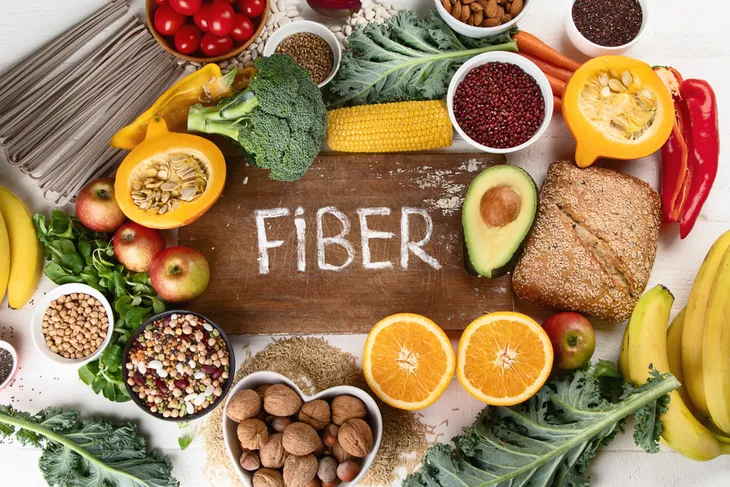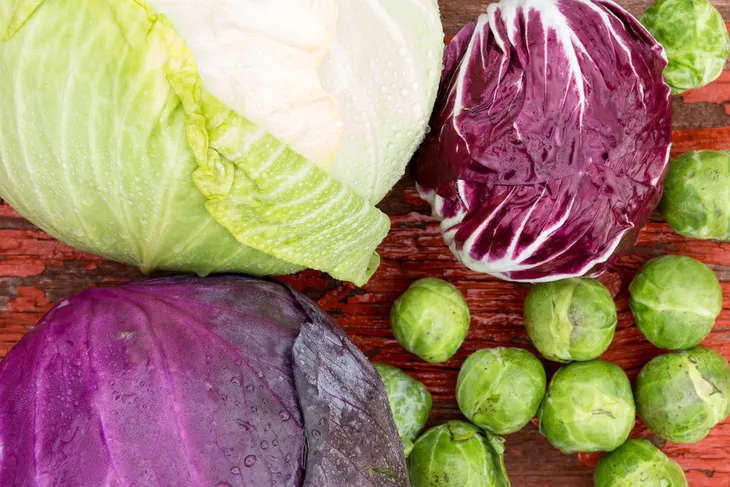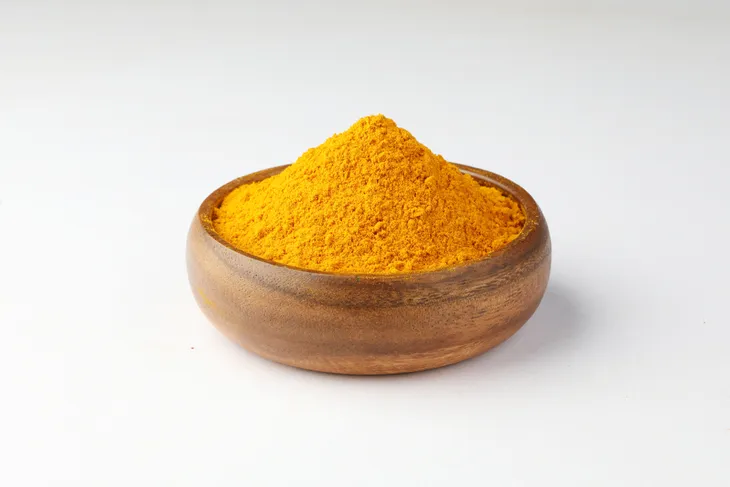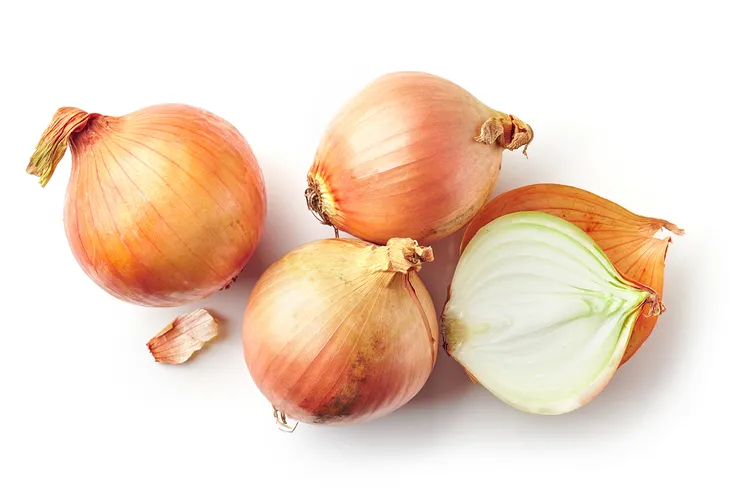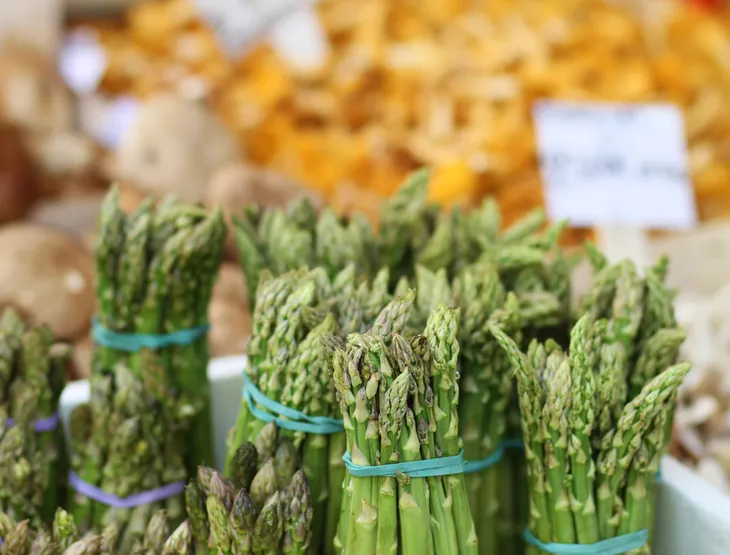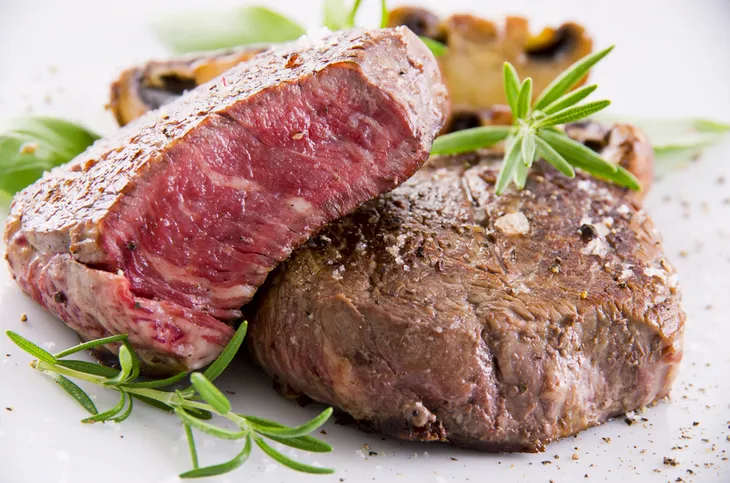Sometimes regardless of how much you shower and how much deodorant you wear, you’ll still stink because of your diet.
The foods you eat can affect your body in other ways than weight and nutritional needs—they can also cause you to smell good or bad as your body metabolizes them. In particular, these eight foods can leave those around you turning up their noses in your presence…
Coffee
There’s a reason why the term “coffee breath” is uttered with a wince—it leaves you kinda stinky. The caffeine in this obligatory morning brew stimulates the central nervous system, triggering the sweat glands to emit odor as you perspire. The high acidity of coffee is higher than your saliva which also causes bacteria growth and bad breath as the inside of your mouth dries out.
What we ingest – both foods and drinks – can impact the way we smell. Strong scents often result in your body emitting strong odors. When it comes to coffee, we all know it has a strong, rich aroma, so it’s not surprising that you can get really bad breath from drinking it. And the more you drink, the worse it can be. If you’re an avid coffee drinker, on top of brushing your teeth, tongue and gums well each morning and night, it’s worth keeping a toothbrush at work to use after you’ve had your morning fix. There’s nothing worse than going into a meeting with bad breath.
Fiber-Rich Foods
We’re told the more fiber (i.e., oats, quinoa, whole grains, nuts, vegetables and fruit with skin) in our diets the better for energy, regularity, and to satiate appetite. However, eating too many high fibrous foods (in excess of 5-grams) prior to strenuous activity can leave you sweaty, stinky, bloated, and flatulent as the large intestine digests and releases a buildup of hydrogen, carbon dioxide, and methane gases.
This can also go the other way – when you don’t have much fiber in your diet, you’re missing a vital part of good digestion. When you’re low on fiber, food can get stuck in the intestines which can cause you to produce certain gases. These gases are then expelled through burping and flatulence. Too little fiber can also wreak havoc on your digestion, resulting in constipation. So while you may not like the way you smell when you eat foods rich in fiber and exercise shortly after, you should stick to including a healthy portion of fiber in your diet.
Garlic
Uh-oh, turns out garlic scares away more than just vampires! The reek can scare away your date not just because of your breath, but also when an unflattering stench emits from your pores due to the super quick breakdown of allicin into allin. This sulfur compound releases a strong sweat body odor. When you digest garlic, your body produces the sulfurous gas which then leaks through your lungs and pores.
What’s even worse is that the odor can continue releasing for a couple of days, and even a thorough scrub down can’t stop it. (Though you might smell better for a time after your shower, when you scrub your pores clean). There are other strong-scented herbs, vegetables and spices that react in the same way as garlic, and the flavor and health benefits of eating foods like garlic usually overrule cutting the stinky food from your diet. However, the saving grace is that if you and your sweetie make a pact to dine on garlic together, you’ll likely never notice the stench.
Cruciferous Veggies
Ironic that your children (and sometimes your spouse) turn their noses up at their broccoli and Brussels sprouts. Topping the list of most-despised vegetables, cruciferous cabbage, broccoli, and Brussels sprouts cause a barrage of rotten-egg smelling farts due to their ability to cleanse the body of carcinogens and toxins. Cruciferous veggies are high in sulfur, making flatulence a room-clearing event – or at least have everyone breathing through their mouths.
Although your family might like to use the resulting smell from cruciferous vegetables as an excuse to stop eating them, the benefits of these veggies are way too high to cut them from your diet. They’re rich in nutrients and antioxidants, high in fiber, and contain cancer-fighting properties. To help lower the chances of smelly gas, chew these vegetables thoroughly. Doing so will also help your body digest the veggies.
Curry Spices
I love the exotic flavors of curry and cumin. However, despite the rich, delicious aromas that these spices create in masala and Indian dishes, they smell quite different after they permeate and linger in your pores, oftentimes for days. They can also cause sulfur gases to be created in your intestines and liver. Once emitted (most likely when you sweat) the fragrance is far from pleasant, and there really isn’t a good way to cover it up or prevent it from happening – other than cutting out the spices completely from your diet. And you won’t just notice the smell coming from your body – curry and cumin can leave strong scents for days or even longer, depending on how often you cook with them.
You might be able to balance out some of the smell from curry and cumin by eating spices that can make you smell good and reduce gas build up. These magic spices include cardamom, rosemary, cinnamon, thyme and rosemary. Try replacing or adding these good spices to your meals to freshen your natural body odor.
Onions
Onions can do more than make you cry – they’re a vegetable that is hard to shake when it comes to the offensive odor they give off. The undeniably bold flavor of onions is due to the pungent oils they contain. When consumed, these oils absorb into your bloodstream, seep into your lungs, and are released via the breath. Unfortunately, the onion odor is even more unpleasant if you like to eat them raw or handle them raw. It’s not uncommon to struggle with getting the smell off your hands after chopping them up without gloves on. The longer your skin is exposed to the raw veggie, the more it can seep into your skin.
You can reduce the severity in which you’ll smell by cooking onions before you eat them. Using a frying pan, cook the chopped up pieces to get rid of some of the oils that you absorb when you eat them. And to cover up and reduce more of the smell, make sure you are later on antiperspirant.
Asparagus
You’ve likely (although somewhat embarrassingly) smelled the effects of asparagus on your body if you urinate shortly after eating the seasonal veggie. Sure, spring asparagus is delicious, but the aftereffects (aka: stinky urine) are caused by the digestive breakdown and emission of high sulfur compound, called mercaptan. If you’re one of the rare lucky ones who doesn’t experience offensive “asparagus pee” your body lacks the enzyme required to break down stinky mercaptan. Or, it could be that you can’t smell it – a lucky few people can’t smell the pungent effect asparagus has on your urine.
Although the sulfur emission is what many people think causes the smell, other researchers believe there may be a chemical (asparagusic acid) that can only be found in asparagus, and is what causes the scent. The chemical is broken down into sulfur compounds, which we know causes an unpleasant smell when expelled from the body. Regardless of the exact cause, you can be reassured you aren’t the only one with stinky urine after eating asparagus.
Red Meat
We all know that red meat is difficult to digest, and difficult to digest means that foods linger and collect bacteria in the digestive system, which leads to foul perspiration and bad breath. But don’t take my word for it, when a 2006 research study from the Czech Republic compared the perspiration of vegetarian males vs. meat-eating males the results showed that meat-eaters had far vulgar body odor.
Eating too much red meat, whether it’s too much at one time or too many times per week, can also strain your liver if the meat is being processed. Consuming too much red meat can cause the excess protein and fat to be stored, leading to potential liver and health problems. So if the stench of body odor caused by red meat isn’t enough to make you rethink how much and how often you eat it, consider the potential health ramifications as well.


